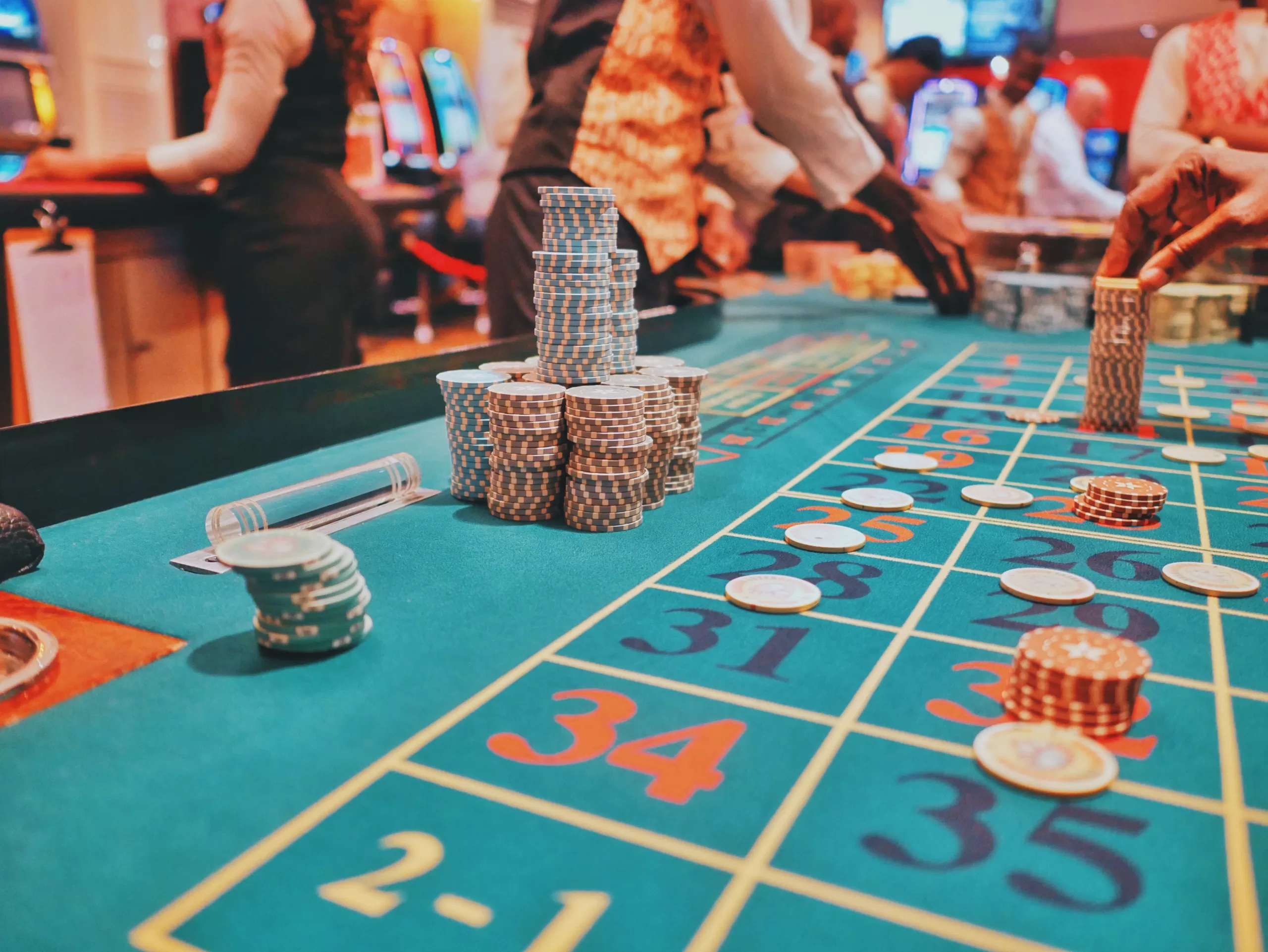Gambling has pervaded societies across the globe for centuries. In today’s digital landscape, the ubiquity of online betting makes gambling more accessible than ever. However, increased participation has corresponded with deteriorating mental health for many individuals who are looking for a Gates of Olympus free play. Understanding the connection between gambling behavior and psychological well-being is crucial, especially with younger generations engaging in higher rates of betting.

The Statistics
In the table below, we’ve compiled statistics from recent studies examining this complex relationship:
| Statistic | Figure |
| Percentage of problem gamblers with co-occurring mood disorders | 73% |
| Percentage of problem gamblers with co-occurring anxiety disorders | 37% |
| Percentage of problem gamblers with a lifetime suicidal ideation | 48% |
| Percentage of problem gamblers with a lifetime suicide plan | 22% |
| Percentage of problem gamblers with a lifetime suicide attempt | 17% |
As shown, problematic gambling behavior correlates with increased prevalence of mood disorders like depression, anxiety issues, and even suicidal thoughts or actions.
Defining Problem Gambling
But what exactly constitutes pathological gambling, and why does it relate so strongly to declines in mental health? First, it’s vital to understand problem gambling criteria. Clinicians utilize the Diagnostics and Statistics Manual (DSM-5) to diagnose patients whose betting causes:
- Financial issues
- Interpersonal conflicts
- Poor productivity
- Disregard of consequence
- Failed self-control attempts
- Preoccupation/obsession
The Diagnosis
When an individual exhibits 4-5 of these issues within a 12-month period, they meet standards for gambling disorder – colloquially called problem or pathological gambling.
Now the connection to decreased psychological well-being becomes clearer. Financial and relationship troubles prompt mood changes like sadness or irritability. Lost productivity at work or school stagnates self-esteem. And repeated failed attempts to control behavior can trigger desperation and despair.
Examining the Relationship
For those already coping with mental illness, the allure of gambling poses particular risks. Individuals managing conditions like depression or anxiety disorders often gamble to self-medicate, escape reality, and stimulate mood-boosting chemicals like dopamine. This combination forms a dangerous cycle – one that becomes extremely tough to break.
However, the intersection of gambling issues and mental health decline applies to both groups. Pre-existing illnesses as well as newly formed problems share this bond. Let’s analyze essential takeaways:
Seeking Help
While the relationship between gambling and mental health issues can be complex, resources and support systems exist to help those struggling. Identifying problematic behaviors early and seeking professional care can greatly mitigate gambling’s potential damages.
Risk Factors to Monitor
Those exhibiting any of the following should consider consulting a clinician or gambling support group:
- Growing preoccupation with betting/games
- Heightened irritability around attempts to cut back
- Increased time spent gambling
- Coping with negative emotions by betting
- Reliance on gambling to improve mood
- Worsening financial position due to losses
Catching problem gambling in earlier stages makes treatment more straightforward. Waiting often exacerbates associated declines in mental well-being.
Treatment Options
Several treatment alternatives provide help for those experiencing gambling disorder:
- Individual therapy addresses underlying factors driving behavior
- 12-step programs offer peer support for achieving and maintaining change
- Cognitive behavioral therapy modifies harmful thought patterns
- Support groups facilitate community and accountability
- Medications help stabilize moods and impulses
Integrating multiple solutions often proves most successful long-term. Continual care helps sustain progress and prevent relapse.
The Bottom Line
In summary, the connection between gambling and mental illness involves multilayered complexity. While betting can temporarily alleviate problems, long-term participation frequently severely worsens psychological health. Understanding this relationship marks a crucial step toward combating gambling’s potential damage. With awareness and proactive treatment, improved wellness waits on the horizon.
